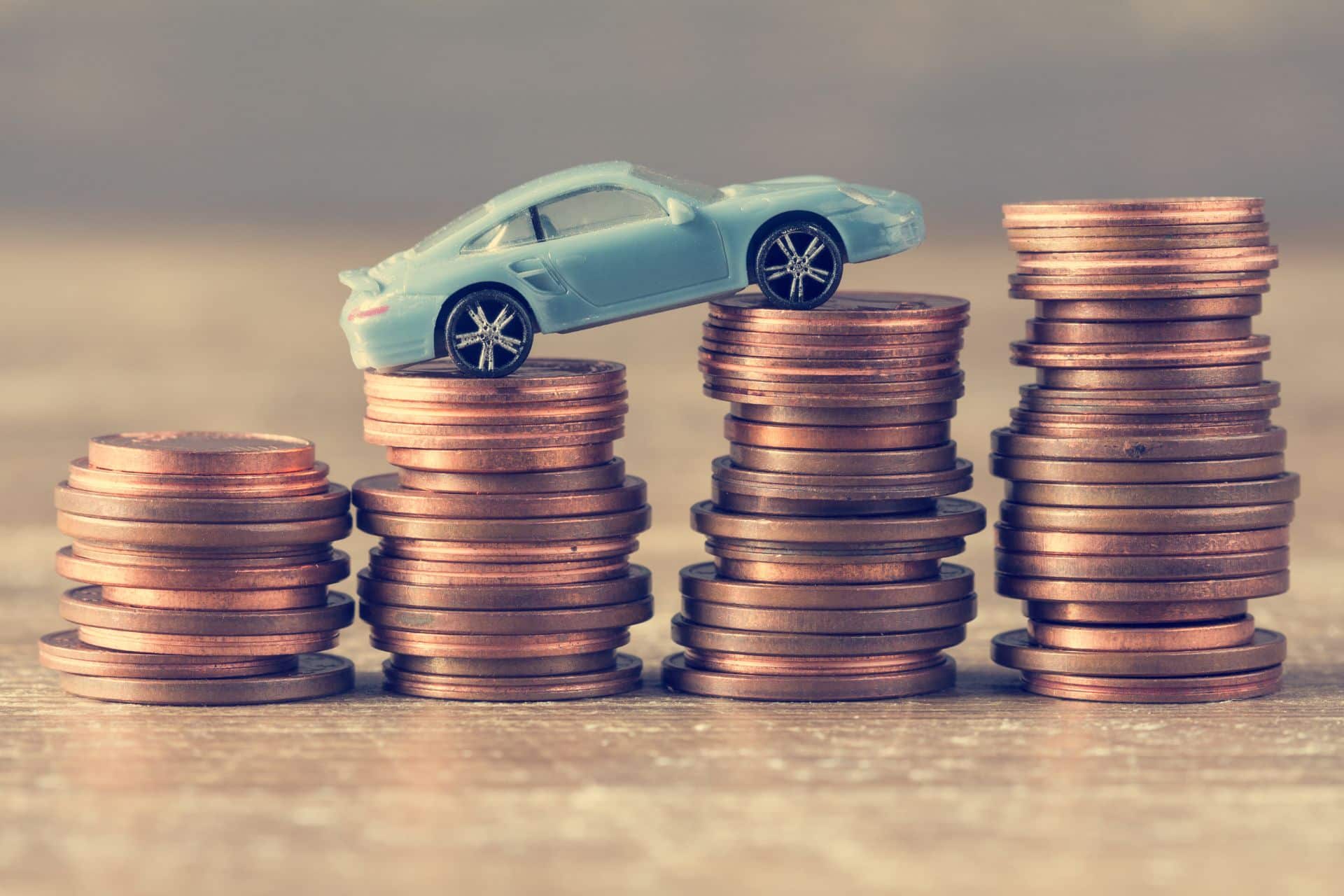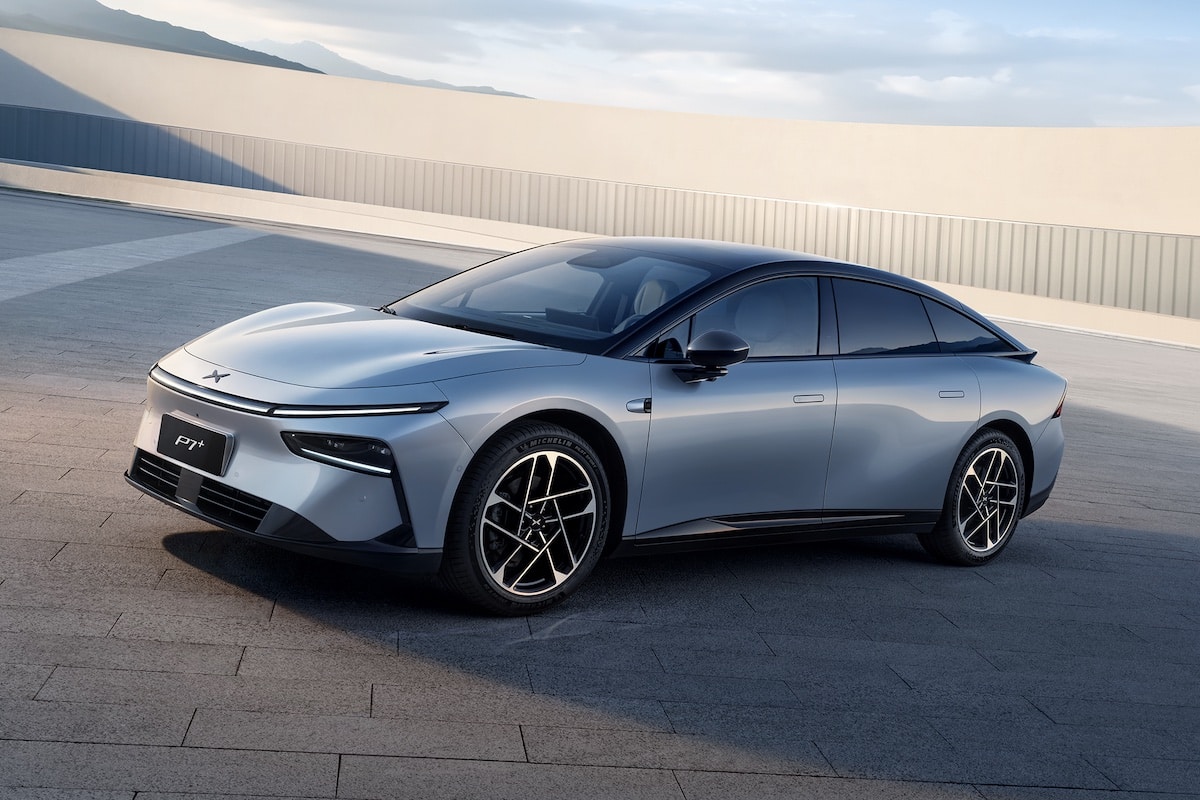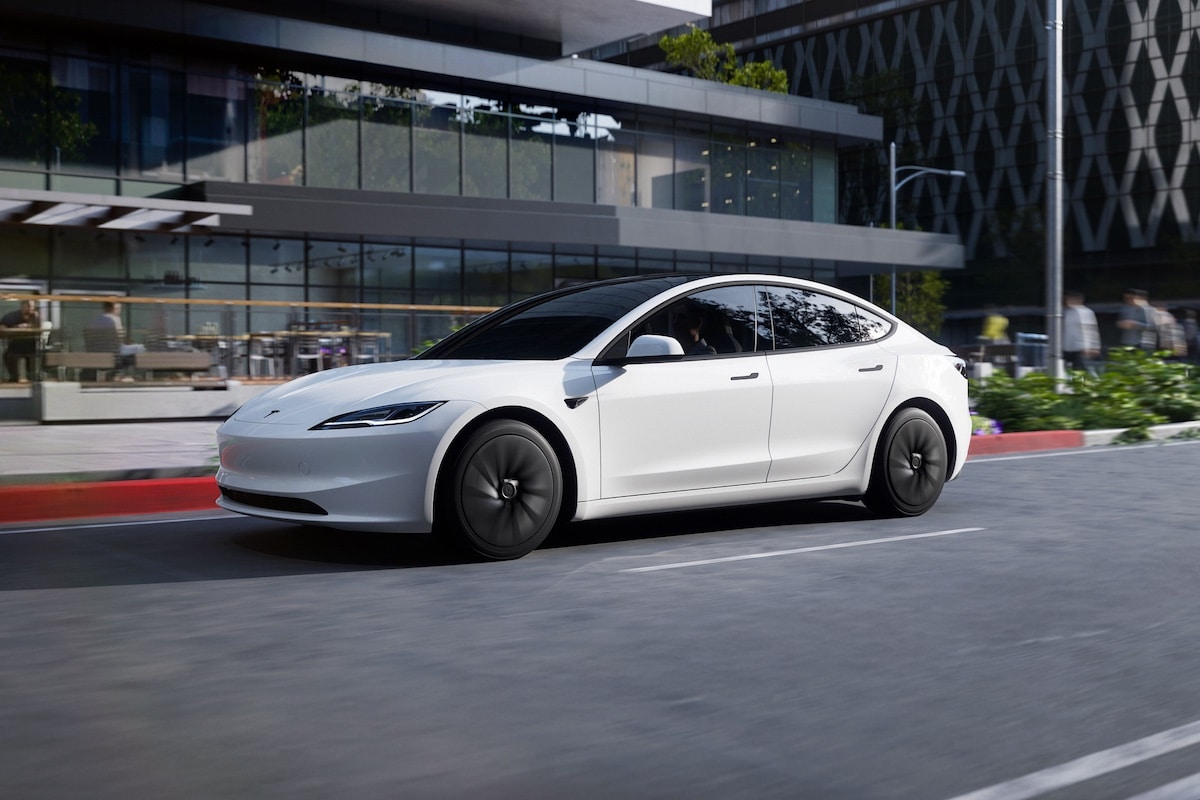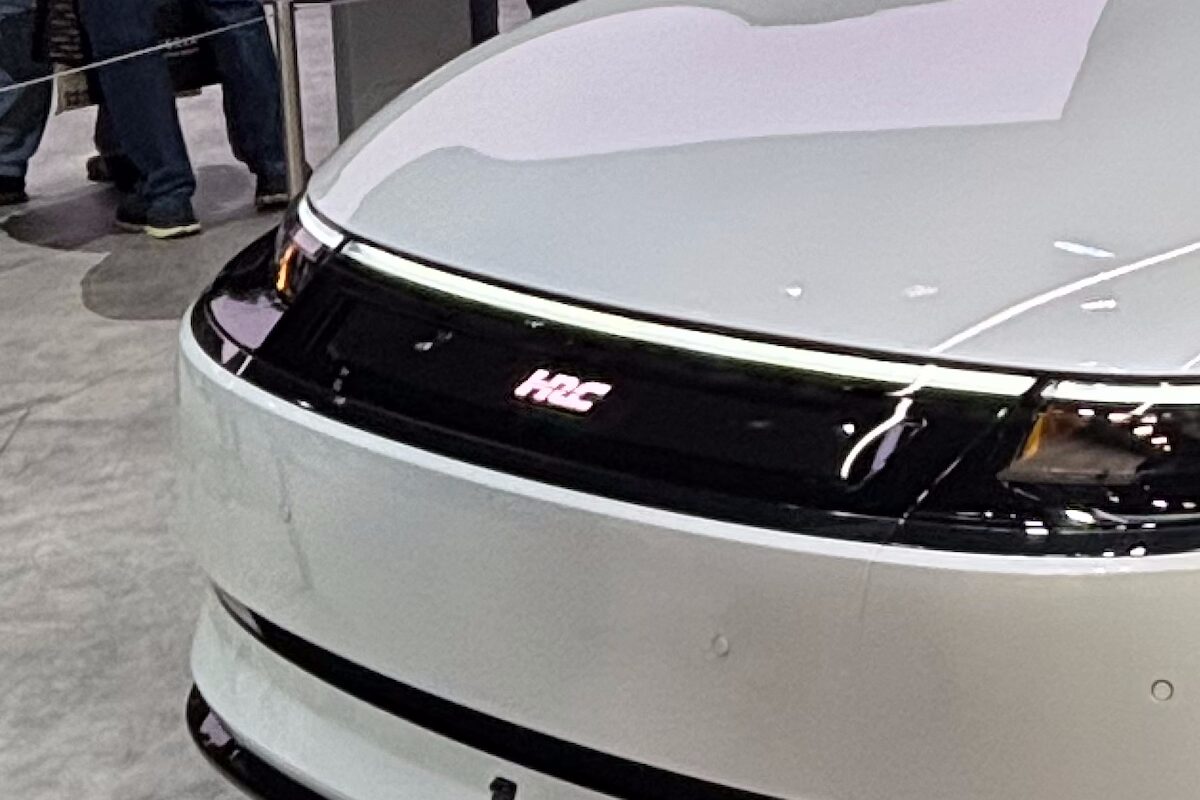2025 Ecological Bonus Overhaul: The Scam of the Century?

On July 1, 2025, France intends to revolutionize the funding of the eco bonus granted for the purchase of an electric car!
In France, drivers are caught between a carrot and a stick. Heavily taxed, they have no choice but to keep their heads down to continue commuting to work, picking up children from school, doing groceries, etc. Simply living.
However, the French government has unexpectedly unveiled a project for a profound overhaul, if not a revolution, of its funding method for the 2025 eco bonus. The coffers are empty and poor decisions are piling up.
The first good decision would be to restrict the granting of the eco bonus to small everyday cars, those that workers truly need. No more electric SUVs with 300 horsepower, weighing 2 tons, and costing up to 47,000 euros. These customers don’t need a 2,000-euro aid.
Returning to the carrot and the stick: presented as more generous, this new system could turn out to be counterproductive for consumers while masking a major fiscal shift.
An officially enhanced bonus…
The future eco bonus, starting from July 1, 2025, promises to be more attractive. According to preliminary leaked information, the amounts granted to households will be increased:
| Household Income | Current Bonus | Bonus planned for July 1, 2025 |
|---|---|---|
| Modest households | 4,000 € | Up to 4,200 € |
| Intermediate households | 3,000 € | 3,100 to 4,200 € |
| Affluent households | 2,000 € | 3,000 to 3,100 € |
These increases are made possible by a fundamental change: the bonus will no longer be funded by the state budget but through the system of energy savings certificates (CEE), which means… indirectly by the consumers themselves.
…but funded by the bills of the French
The CEE require energy suppliers (electricity, gas, fuels) to fund actions to reduce energy consumption. The problem? These companies mechanically pass the cost of this system onto the bills of individuals and businesses.
Already today, the CEE system represents an annual additional cost of 300 to 400 € per household. With the integration of the eco bonus into this mechanism, some experts estimate that this bill could rise to 900 or even 1,000 € per year starting from 2025. In other words: what you save on purchase will be lost within 2 to 5 years through rising energy costs.
An incentive that could backfire against electric vehicles
At first glance, this evolution avoids a sudden stop to aids, as nearly occurred in 2024 due to budget exhaustion. However, in reality, the mechanism could discourage many households from switching to electric:
- The cost of using an electric vehicle will increase, since electricity prices will also be affected by the rising costs associated with the CEE.
- Drivers not concerned with purchasing an EV will still pay through their electricity or fuel bills.
- The price signal becomes unclear: if the purchase is cheap but usage is more expensive, the electric vehicle loses part of its economic appeal.
An invisible but real tax
This change also reflects a deep fiscal mutation, which has gone mostly unnoticed. Fuel consumption is decreasing as thermal cars disappear, which cuts into revenues linked to the TICPE (approximately 35 to 40 billion € per year).
Rather than creating a new explicit tax, the state delegates the responsibility of financing the transition to energy suppliers… while letting individuals bear the final bill, outside the usual framework of taxes.
This fiscal shift marks the beginning of a new model: less taxation on fuels, more charges on energy in general, and potentially tomorrow, on kilometers traveled.
A false good deal?
On paper, the 2025 eco bonus seems more generous. But the consumer, far from being a long-term winner, could quickly find themselves at a loss. The cost of energy, the complexity of the mechanisms, and the widespread effect of passing costs could turn a purchase aid into a budget trap.
This system also raises a question of equity: should households that will never purchase an electric vehicle – by choice or by constraint – have to finance those who can? And at what price?
This new bonus, far from being trivial, marks a paradigm shift: the state no longer directly subsidizes; it organizes a transfer of burden onto consumers via more opaque channels.
If the energy transition is necessary, its social acceptability will depend less on the displayed amounts than on the real effects on daily life. And in this regard, the bill could prove to be much higher than announced.
The simplest, and most honest, approach would be to admit, loudly and clearly, that France can no longer afford its energy transition by eliminating the eco bonus. That is the direction of history in any case…
READ ALSO: Model Y: Did Tesla France lie about the 2025 eco bonus?
This page is translated from the original post "Refonte du bonus écologique 2025 : l’arnaque du siècle ?" in French.
We also suggestthese articles:
Also read





